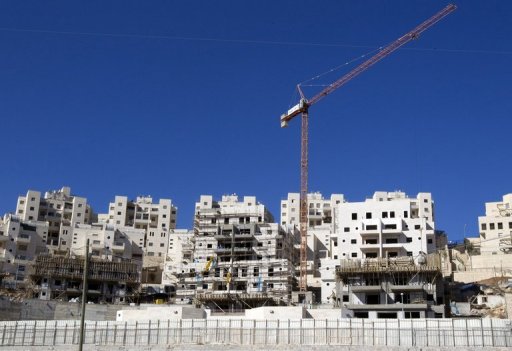CAIRO: Former US Attorney general and activist Ramsey Clark told The Daily Star Egypt that he regards the recent military tribunal of 40 Muslim Brotherhood (MB) members as a direct “attack on Islam itself, an analysis some local pundits dubbed overly naïve. Clark who was not allowed to attend the Brotherhood case’s July 15 court session, came to Egypt upon the invitation of a number of Muslim American associations and the MB’s lead defense counsel, who needed Clark’s advice on the application of international law.
The latest case, which began in December 2006, was to be initially processed in a civilian court. But after an executive order by President Mubarak, it was transferred to a military court in April 2007.
“Under international law, charging civilians in a military court is impermissible, Clark said.
But appearing before a military court is nothing new for the Brotherhood. Since 1995 MB members have been tried militarily in five separate cases and this case is the sixth.
“What is new about this case is that it includes two unprecedented charges, money laundering and the organization of militias, said El Ahram Center for Political and Strategic Studies researcher, Diaa Rashwan.
Unlike Clark, Rashwan believes the case is more of a political game than a religious conflict, where each player aims to dominate the political arena.
“The regime itself uses religion in political life, as well as in political practices across a spectrum of ranks. Religion is also present in the Egyptian constitution, Rashwan said.
Rashwan believes that the court case reflects the regime’s desire to at least “portray the Brotherhood as not only an illegal group, but one that is willing to use force in order to reach its goals and resort to criminal activities such as money laundering to finance the movement.
The assets of 29 of the 40 MB detainees were frozen by the public prosecutor’s office in January 2007.
Abdel Moneim Abdel Maksoud, the lead counsel on the case who attended the latest seven-hour session adjourned to August 5, also believes the allegations were politically motivated. “If they had any evidence they would not have transferred the case to a military court, Abdel Maksoud said.
Clark praised the MB’s provision of effective social services, highlighting the case as an attempt by the regime to decimate the Brotherhood, whom he views as a nonmilitant movement – one of the few points in which he agrees with Rashwan.
“These are highly moral people, they help others and a major part of their commitment is helping others. I have no reason to believe that they are going to be a Taliban or anything like that, Clark said.
Abdel Rehim Aly, manager of the Arab Center for the Study of Islamist Movements adamantly disagrees with both Rashwan and Clark on their view that the Brotherhood is nonviolent.
“Is the message of violence delivered through words or weapons, he questioned, “when I say that a Christian is an infidel isn’t that inciting violence? When I organize masked militia parades on university campuses similar to those of Jihadist groups in Gaza, isn’t that inciting violence? he said.
Aly who is against the use of military tribunals against civilians, asserts that the Egyptian constitution grants the president the power to have civilians tried in front of a military court.
“Like Osama Bin Laden, the Brotherhood stigmatizes all who are non-Muslims with infidelity, non-Muslims should either pay the jizya (tax on non-Muslims), become a Muslim or be killed according to the MB’s ideology. The difference between MB scholars and Al Qaeda scholars is when to kill the infidel. Al Qaeda scholars would say do it now, while MB scholars say do it when we are powerful enough, Ali said.
Rashwan on the other hand believes the MB has taken progressive strides in its view of Egypt’s Christian minority after the recent Shoura Council elections.
“The MB lucidly expressed that they believe in the equality of both Christian and Muslim citizens, he said.
Both Clark and Rashwan agree that if more freedoms are afforded, the MB’s political role will continue to grow, something Ali dismisses completely.
“The 1952 revolution killed any interest in politics for Egyptians and the evidence of that is that 75 percent of all Egyptians don’t vote. Where is the MB’s popular base then? Ali said.
Ali is also apprehensive about a possible MB rise to power because he feels freedoms will be further repressed and dynamic sectors such as tourism and banking will be jeopardized.

